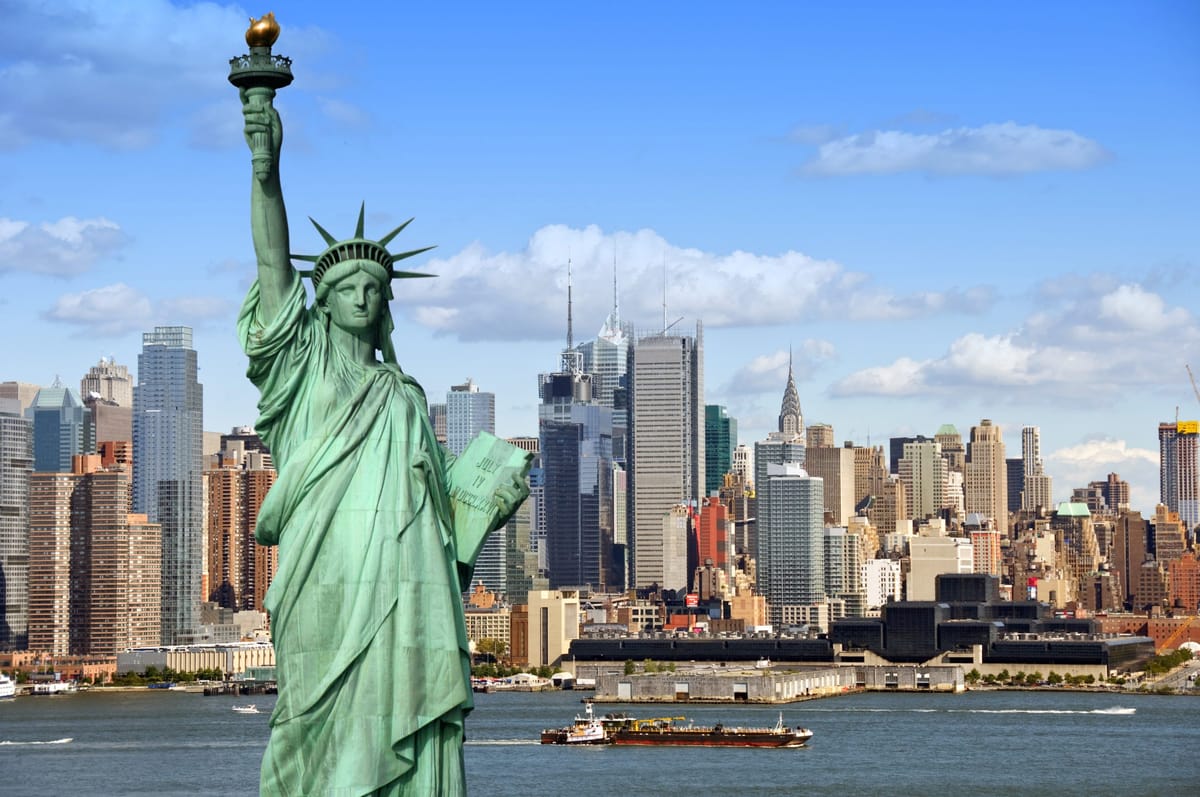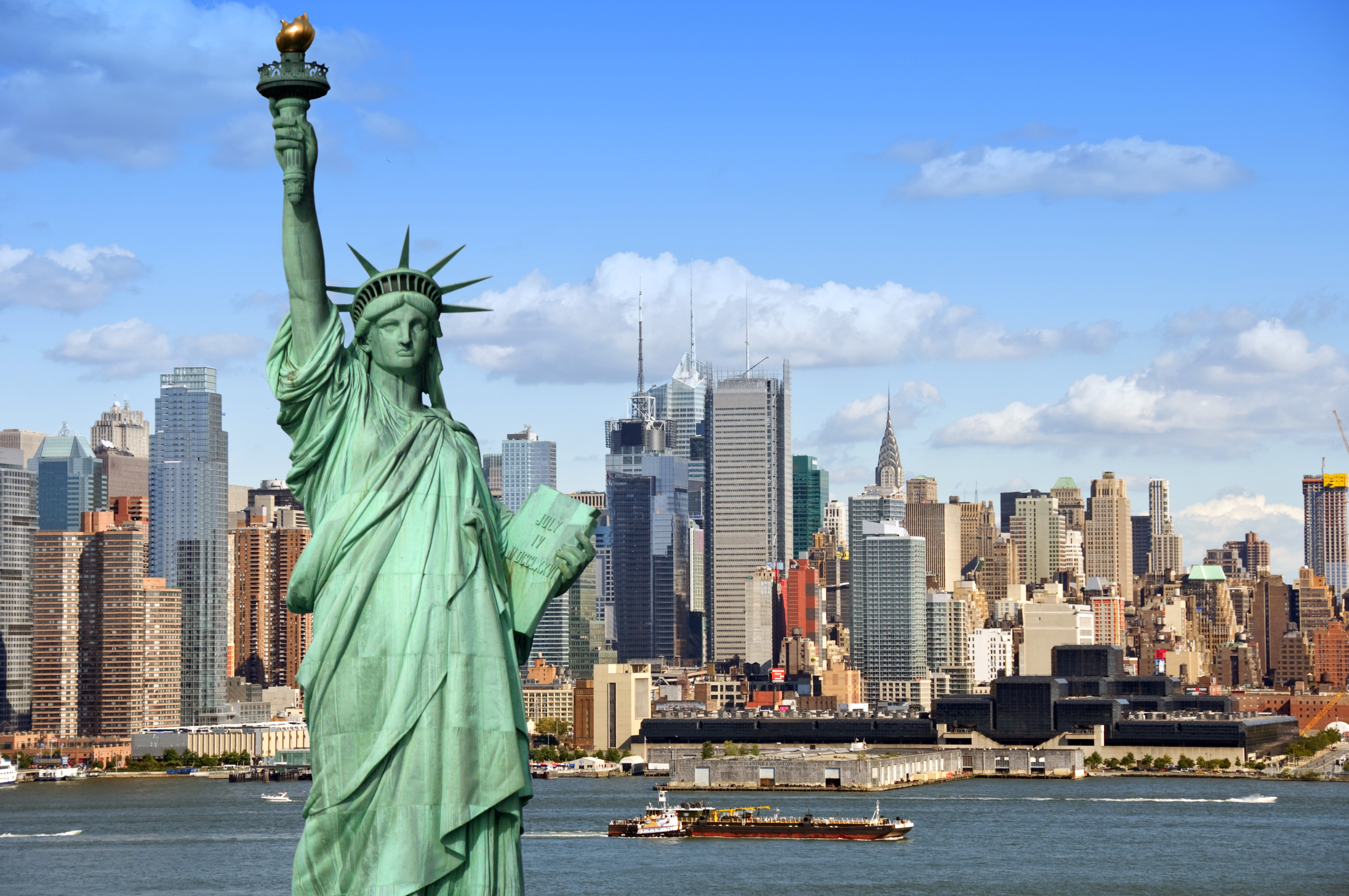Stay Legal, NYC! The Ultimate Airbnb Hosting Guide for the Big Apple

New York City, renowned for its vibrant culture, iconic landmarks, and bustling streets, has become a hotspot for Airbnb hosting. As the platform’s influence grew, so did the city’s regulatory response.
This guide is designed to help you navigate the intricate landscape of Airbnb NYC laws, ensuring you provide exceptional experiences for guests while staying compliant.

Airbnb and NYC: A Historical Perspective
New York City’s allure for tourists is undeniable. As the demand for unique accommodations surged, Airbnb emerged as a popular choice. However, its journey in NYC has been marked by regulatory challenges:
- Airbnb’s NYC Debut: In 2008, Airbnb introduced a novel way for New Yorkers to monetize their spaces, offering visitors an authentic NYC experience. The city, with its diverse population and rich history, provided the perfect backdrop for this innovative platform.
- Regulatory Hurdles: As Airbnb’s footprint expanded, it drew attention from city officials and stakeholders. Concerns about housing availability, safety, and competition with traditional hotels led to the introduction of the “Illegal Hotel Law” in 2010. This local law restricted rentals of less than 30 days in multi-unit dwellings unless the host was present. The city’s decision was rooted in preserving the integrity of residential neighborhoods and ensuring the safety of both residents and visitors.
- Collaborative Efforts: Airbnb, recognizing the need for a balanced approach, proposed regulatory frameworks. They advocated for responsible hosting, ensuring hosts met state and city laws, and contributed to the tourism economy. They also initiated community outreach programs, educating hosts about their responsibilities and the importance of adhering to local laws.
- Recent Developments: The relationship between Airbnb and NYC has evolved, with both parties working towards transparency and compliance. This includes data-sharing agreements and stricter adherence to city law. The city’s goal is to strike a balance between supporting the burgeoning sharing economy and ensuring the safety and well-being of its residents.
Essential Guidelines for Airbnb Hosting in NYC
Before you embark on your Airbnb hosting journey in New York City, it’s crucial to familiarize yourself with the foundational rules:
Eligibility Criteria:
- Primary Residences: NYC mandates that only primary residences can be listed on Airbnb. This rule ensures that the city’s housing stock isn’t depleted by short-term rentals.
- Houses: Homeowners have more leeway, but regulations still apply. Single-family homes, given their independent nature, face fewer restrictions.
- Rent-Controlled Units: If you reside in a rent-controlled property, stringent rules against subletting, including Airbnb hosting, apply. This is to protect the rights of tenants and maintain the purpose of rent-controlled units.
Duration of Stay:
- Short-Term Rentals: The city’s Multiple Dwelling Law stipulates that entire apartments cannot be rented for less than 30 days unless the host is present. This rule aims to prevent the conversion of permanent residential buildings into de facto hotels.
- Extended Stays: Rentals exceeding 30 days are exempt from many of these restrictions. This provision recognizes the different nature of longer-term stays, which more closely resemble traditional leasing arrangements.
Guest Limitations:
- Typically, you can accommodate up to two guests per bedroom, but it’s essential to verify local regulations. This rule ensures that properties aren’t overcrowded, maintaining a comfortable living environment for guests.
Other Considerations:
- Lease Agreements: Ensure your lease or homeowner’s association rules permit short-term rentals. Many agreements have clauses that restrict or prohibit subletting.
- Neighborhood-Specific Rules: Some areas might have additional restrictions or requirements. It’s crucial to be aware of these nuances to ensure you’re operating within the bounds of the law.
Understanding NYC’s Multiple Dwelling Law (MDL)
The MDL plays a pivotal role in shaping the Airbnb hosting landscape in NYC:
- MDL Explained: Originating in the 1920s, the MDL was designed to enhance living conditions in multi-family dwellings. A key provision for Airbnb hosts is the restriction on renting Class A dwellings for less than 30 days without the host’s presence.
- Implications for Hosts: This law essentially restricts many NYC residents from listing their entire homes for short stays unless they’re also residing in the property.
- Exceptions: Some properties, like single-family homes or those in specific zoning areas, might have different rules. Additionally, certain bed-and-breakfast establishments may operate under separate regulations.
Registration and Licensing in NYC
To legally host on Airbnb in NYC, adherence to registration and licensing protocols is paramount:
- Registration Requirements: “Local Law 18,” also known as the “Short-Term Rental Registration Law,” necessitates that all hosts register with the Mayor’s Office of Special Enforcement. This collaboration with platforms like Airbnb ensures only registered listings are active.
- Licenses and Permits: The Mayor’s Office maintains a list of buildings where Airbnb is prohibited. Some properties, termed “Class B multiple dwellings,” have distinct regulations and may not require standard registration.
- Procedure and Fees: Hosts can register online, and non-compliance can result in significant fines.
Tax Considerations for NYC Airbnb Hosts
Being an Airbnb host also means navigating tax obligations:
- Tax Responsibilities: Income from Airbnb is subject to federal and state income taxes. Additionally, hosts may need to collect hotel or occupancy taxes.
- Reporting Income: Airbnb provides eligible hosts with a Form 1099-K detailing annual earnings. However, all hosts must report their income, even if they don’t receive this form.
- Tax Deductions: Hosts can potentially reduce their taxable income by deducting related expenses, such as property maintenance or guest amenities.
Consequences of Non-Adherence
Non-compliance with NYC’s Airbnb regulations can lead to repercussions:
- City Concerns: Unregistered short-term rentals can impact housing availability, safety standards, and community harmony.
- Financial and Legal Repercussions: Violators can face substantial fines, and in severe cases, legal proceedings.
- Historical Cases: Past instances have seen entire buildings penalized, and repeat offenders often face escalated consequences.

In Conclusion
While NYC offers a lucrative market for Airbnb hosts, it’s essential to operate within the legal framework. For those seeking to optimize their hosting experience, consider leveraging iGMS. This platform offers:
- Automated Messaging: Enhance guest communication.
- Booking Management: Centralize your booking operations.
- Performance Analytics: Make informed decisions based on data.
- Team Collaboration: Efficiently manage tasks and teams.
- Financial Reporting: Monitor your financial performance.
With the right tools and knowledge, you can confidently navigate the NYC Airbnb landscape. Happy hosting!






![Your Monthly iGMS Roundup [February 2020]](/content/images/size/w600/wordpress/2020/02/igms-roundup-feb-2020-cover.png)

